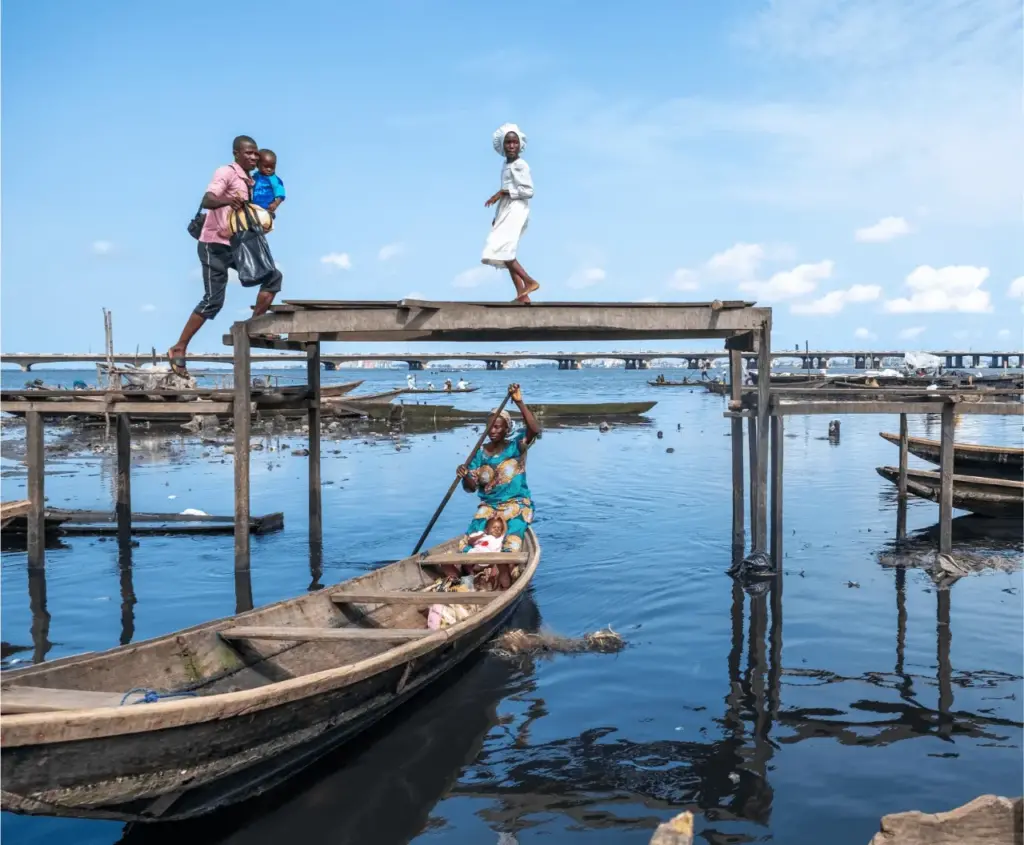
Climate Adaptation in the Gulf of Guinea
Summary
Examining the Impact of Sea-Level Rise, Urban Flooding, and Coastal Erosion on Settlement and Livelihoods in Côte d’Ivoire, Ghana, and Nigeria
Severe impacts of sea-level rise driven by global climate change – including coastal erosion, flooding, infrastructure damage, saltwater intrusion into freshwater supplies and an increase in water-borne disease – are already a reality across Africa and in particular the Gulf of Guinea. Adapting to the risk of climate change requires careful management informed by solid projections of sea level rise, monitoring of coastal processes, and sensitivity to local governance, socioeconomic pressures and culture.
The Cluster is focusing on coastal communities in Abidjan, Accra, and Lagos that are at risk from sea-level rise and compounding impacts, such as flooding, saltwater intrusion, storm surge, and coastal erosion. In these communities, and other coastal ones in Africa, sea-level rise is jeopardizing livelihoods, impeding tourism, and damaging traditional fishing grounds. The goal of the project, therefore, is to identify viable climate adaptation strategies.
Harvard researchers are collaborating with their local counterparts, building local capacity in climate science through the training of African graduate students, partnering with local climate NGOs working in vulnerable communities, and collaborating with relevant government organizations to reinforce existing local endeavors and leverage first rate climate science to inform policy at the community and government levels.

The Cluster intends to build local resilience capacity through a two-pronged approach. First, the cluster is analyzing past and future sea-level rise across the Gulf of Guinea, including the implications of this rise for coastal erosion, and social and economic disruption. This portion of the project will yield two critical tools: a map showing the extent of coastal recession across the gulf due to long-term sea level change since 1970; and a coastal vulnerability index that quantifies the potential for additional coastal recession from storm-driven erosion; estimates economic costs; and guides community-level based mitigation and adaptation policies.
A second component of the project is to produce an atlas of case studies on sea-level rise mitigation efforts. The atlas is to inform the comparison of three adaptation strategies.
- Coastal defense – The protection of high value stretches of the coast with levees and surf barriers behind the beach, littoral dune reforestation, bringing in sand to compensate for beach erosion and halting the industrial mining of beach sand, or by building rock or concrete groins into the water to slow the longshore movement of sand, thus keeping vital ports and rivers open for navigation.
- Livelihood protection, in situ: Making coastal communities floodable but functional, by upgrading construction materials, improving drainage, and providing insurance against property losses to homes, fishing boats, etc.
- Livelihood protection, ex situ: The voluntary non-temporary resettlement of vulnerable coastal populations, either with or without compensation. This managed population retreat from threatened areas.
The Cluster is using the comparison to inform policy at the community and government levels. The work involves answering questions, such as, what have been the responses of coastal communities to their changing environment? How can these efforts be bolstered for those who chose not to relocate? How can we assist in recommending cost-effective measures to cash-strapped West African governments?

Emmanuel Akyeampong

Jerry Mitrovica

Daniel Agbiboa

Robert Paarlberg

Gareth Doherty

Olatunji Adejumo
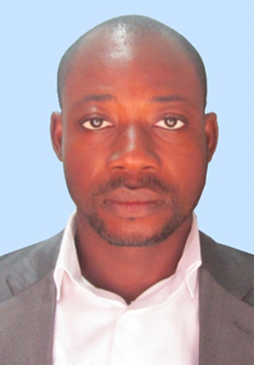
Dr. Tite Ehuitché Beke
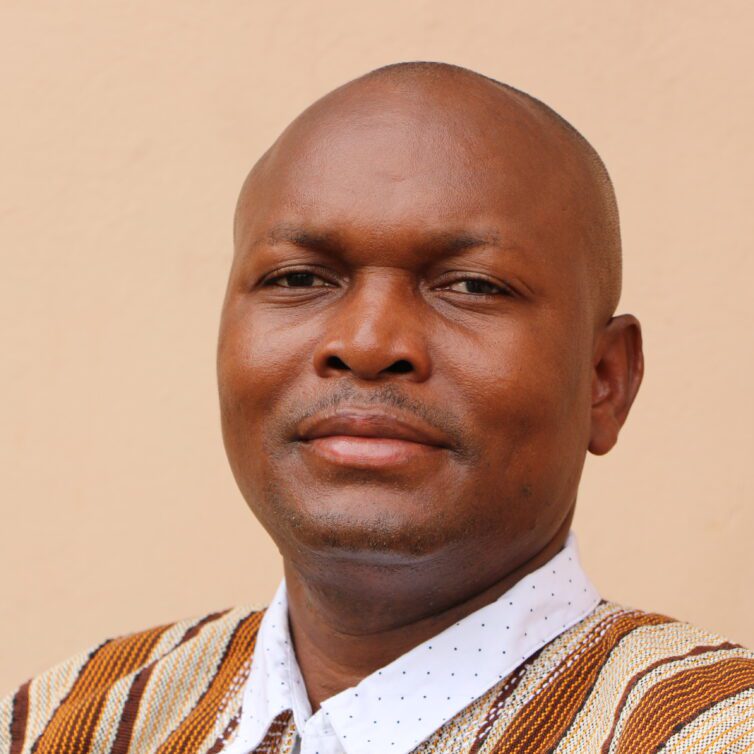
Kusimi John Manyimadin

Chukwuma John Okolie

Adolphus Opara
MORE NEWS
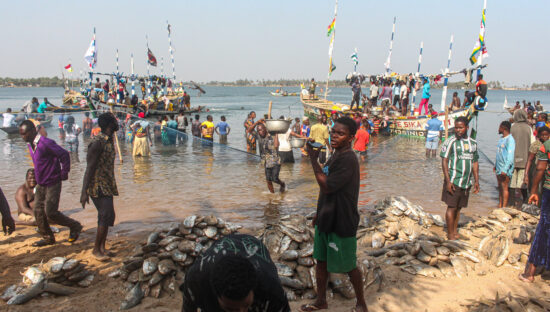
West African youth turn their lenses on climate change
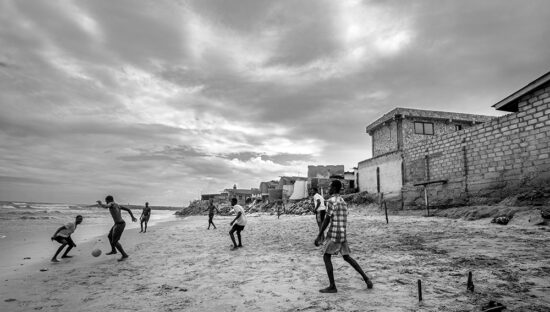
Climate disasters strain mental health in West Africa
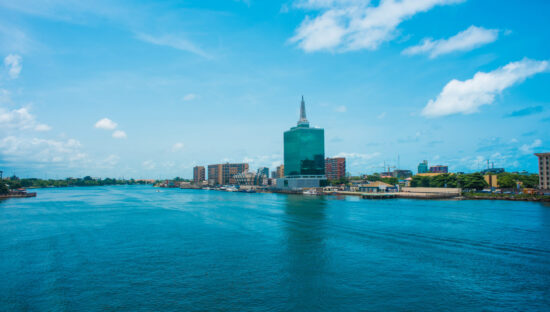
West Africa experts look to the ocean to pay for climate adaptation

Chocolate’s climate crisis

West African officials link climate threats to rapid growth
start your Research Initiative
With the Salata Institute for Climate and Sustainability, Harvard University is mobilizing to meet the global climate challenge.
